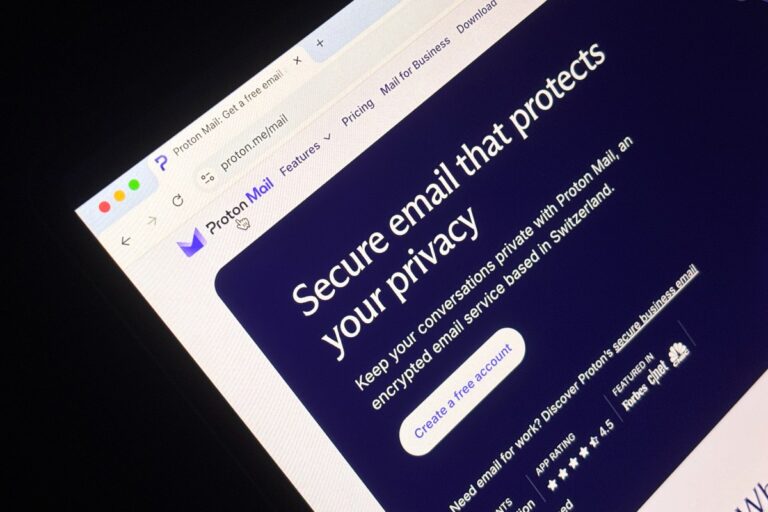
Similar Posts

Citizen Lab Exposes Windows Spyware Targeting Exiled Uyghur Leaders: A Deep Dive into Digital Surveillance
Hackers have launched a targeted campaign against leaders of the exiled Uyghur community, using sophisticated Windows spyware, according to Citizen Lab. This espionage effort specifically targeted members of the World Uyghur Congress (WUC), which advocates for Uyghur rights amid ongoing repression. Google alerted WUC members about the hacking, prompting an investigation by Citizen Lab. They discovered a phishing email impersonating a trusted contact, leading to a malicious file disguised as a Uyghur language text editor. This incident underscores the digital security threats faced by the Uyghur community and highlights the need for increased vigilance against phishing attacks.

Why Government Officials Struggle with Digital Engagement: A Look at Online Competence
U.S. Secretary of Defense Pete Hegseth has come under fire for significant tech blunders compromising national security. A major incident involved National Security Advisor Michael Waltz discussing military plans against the Houthis in an unauthorized Signal chat, inadvertently including journalist Jeffrey Goldberg. Hegseth also shared sensitive information with family members, raising alarms about classified information handling. Additionally, technology like fitness apps such as Strava can expose military locations, while payment apps like Venmo reveal user spending habits, increasing privacy risks. These incidents highlight the urgent need for better digital security practices among government officials and the public.

Indian Court Issues Order to Block Proton Mail: Key Implications for Privacy and Communication
A recent ruling by the Karnataka High Court in India has led to a debate over the potential blocking of encrypted email provider Proton Mail, following a complaint from M Moser Design Associates about employees receiving obscene emails through the service. Justice M Nagaprasanna ordered the Indian government to consider blocking Proton Mail under the Information Technology Act 2008. Although the blocking has not yet been implemented, the government is exploring options to obtain sender information from Swiss authorities. This is not the first legal challenge for Proton Mail in India, as it faced scrutiny last year over alleged hoax bomb threats.

Justice Department Unveils Charges Against Chinese Hackers-for-Hire Tied to Treasury Breach
The Department of Justice has charged twelve individuals linked to Chinese government hackers for infiltrating over 100 American organizations, including the U.S. Treasury, over a decade. The indictments involve hackers from a contractor named I-Soon and members of the APT27 group, exploiting vulnerabilities in software like Microsoft Exchange and Citrix appliances to steal sensitive data. The stolen information was allegedly sold to third parties connected to the Chinese government. The FBI has seized hacking infrastructure, and the U.S. is offering up to $10 million for information on I-Soon employees and $2 million for details leading to the arrest of Yin and Zhou.

Google Acquires Wiz for $32B: Major Move to Strengthen Cloud Security
Google plans to acquire cloud security startup Wiz for approximately $32 billion to $33 billion, marking its largest acquisition to date. The deal, which is still pending regulatory approval, aims to enhance Google’s cloud security capabilities while allowing Wiz to maintain its independence across multiple cloud platforms. Wiz currently generates around $700 million in annual recurring revenue and has experienced significant growth, expected to reach $1 billion this year. Led by Google Cloud CEO Thomas Kurian, this acquisition positions Google to compete more effectively against AWS and Microsoft Azure, while Wiz’s leadership remains optimistic about future opportunities.

